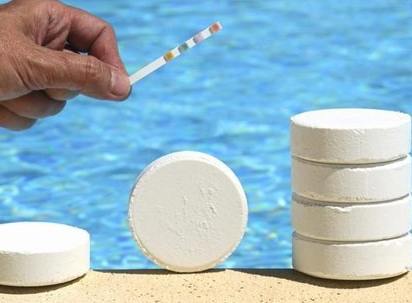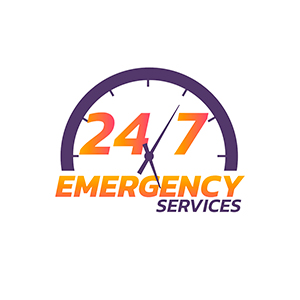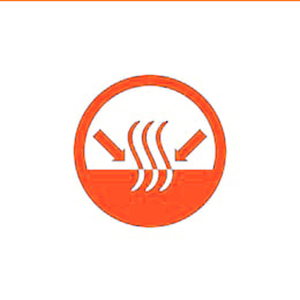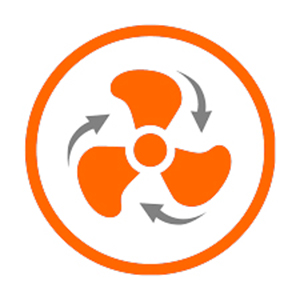In the US, chlorine is used as a disinfectant in 98 percent of treated water supply systems.
 Here is what you need to know about how germs are destroyed by chlorine, given by pool builder in Avon, OH.
Here is what you need to know about how germs are destroyed by chlorine, given by pool builder in Avon, OH.When to use chlorine for water treatment
A chemical reaction happens when you add chlorine disinfectant to water and a weak acid called hypochlorous acid is released. This acid is capable of penetrating microbes like bacteria and viruses into the cell walls, so it can efficiently strike and destroy germs.
However, while most germs can be killed by chlorine, it does not always function instantly. This is one reason why it works well for systems that allow chlorine to sit in water over time, such as pools and water tanks. According to the Disease Control and Prevention Centers, E. When exposed to chlorine concentrations in a pool, coli, a common bacterium transmitted by feces, dies in less than a minute, while Hepatitis A, a severe liver-affecting virus, takes 16 minutes to kill.
Chlorine functions in bacterial cells by collapsing proteins, causing the death of bacteria. Chlorine is also capable of destroying viruses, but less is known about the process it uses to destroy viruses. Some scientists claim that within virus cells, chlorine destroys proteins, rendering viruses unable to get into human cells and cause infection.
In order to destroy gastrointestinal parasites, chlorine can take even longer. It takes 45 minutes for a disorder called Giardia to die, while Cryptosporidium, an extreme diarrheal disease, takes 10.6 days after being exposed to chlorine to die.
The various applications of chlorine
The greatest benefit of using chlorine to disinfect water is that at the moment it is applied, it not only destroys germs, but helps to keep water safe over time.
The chlorine used for the treatment of drinking water is the same type that is used for the treatment of pools, but concentration is the main difference. Chlorine is usually found in drinking water at a concentration of 0.2 mg to 1 mg per liter.
Experts recommend using between 1 mg and 3 mg per liter of chlorine in pools and hot tubs.
Chlorine, when found in a compound such as chlorinated bleach, is also helpful for cleaning domestic surfaces such as floors and counters. Experts recommend using 1 cup of bleach per 5 gallons of water if you use chlorine bleach for household washing.
Usually, people think of chlorine as a disinfectant for water, but it is often used to purify other products. To purify the silicon in computer circuits as well as the titanium used to create artificial replacement joints, chlorine-based chemicals are used.













